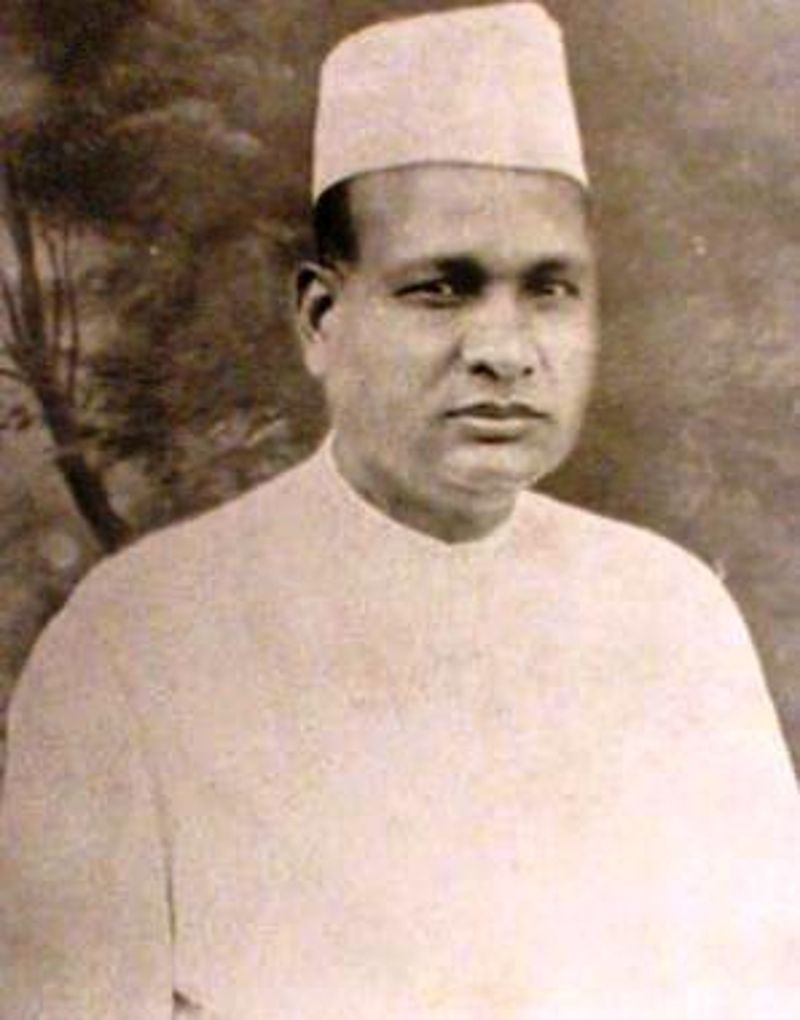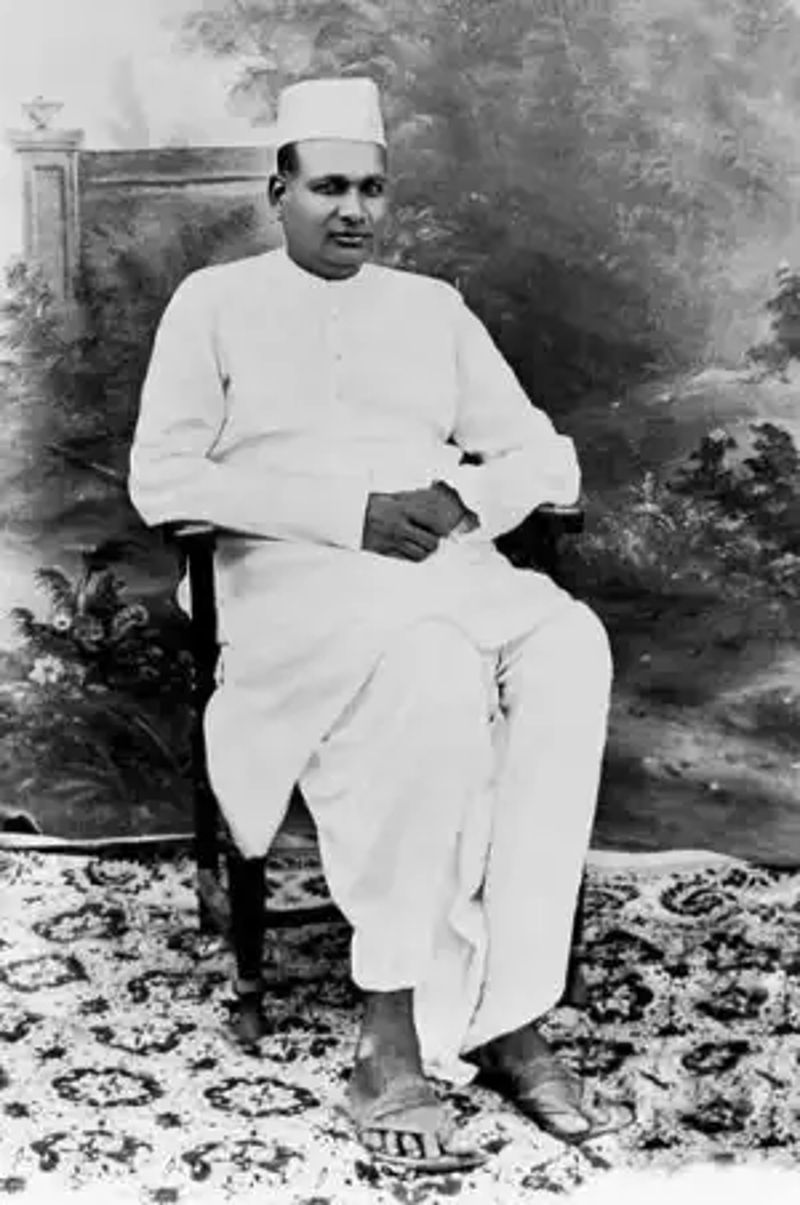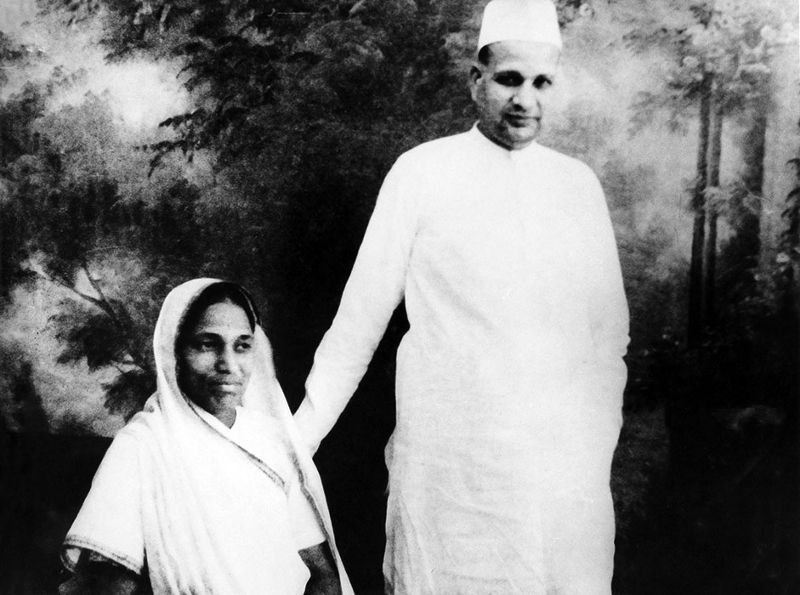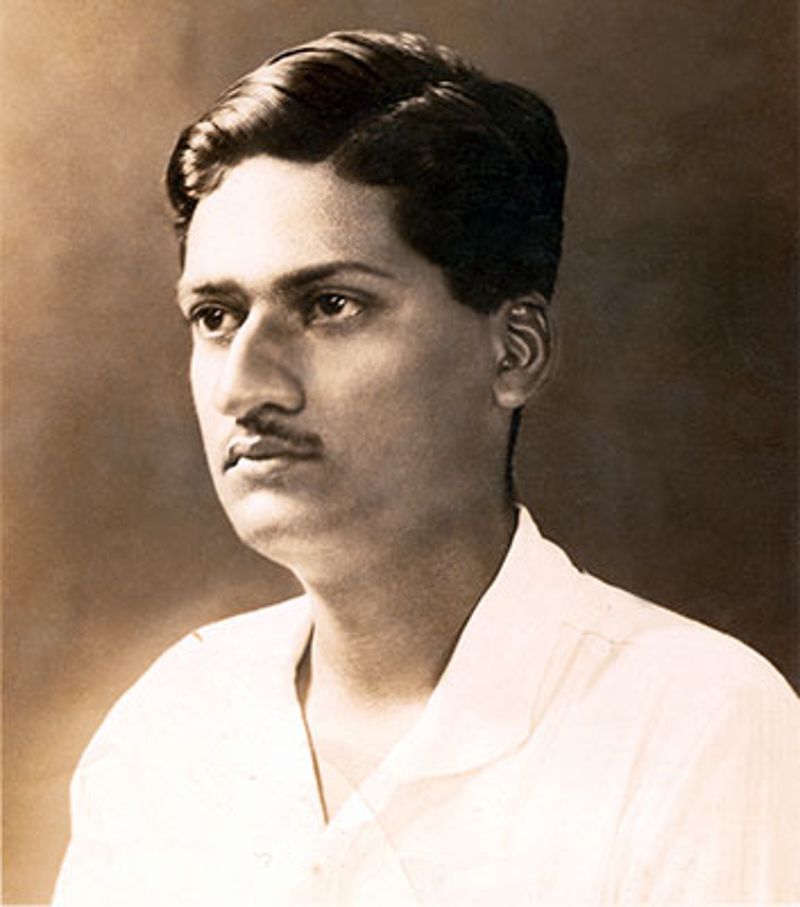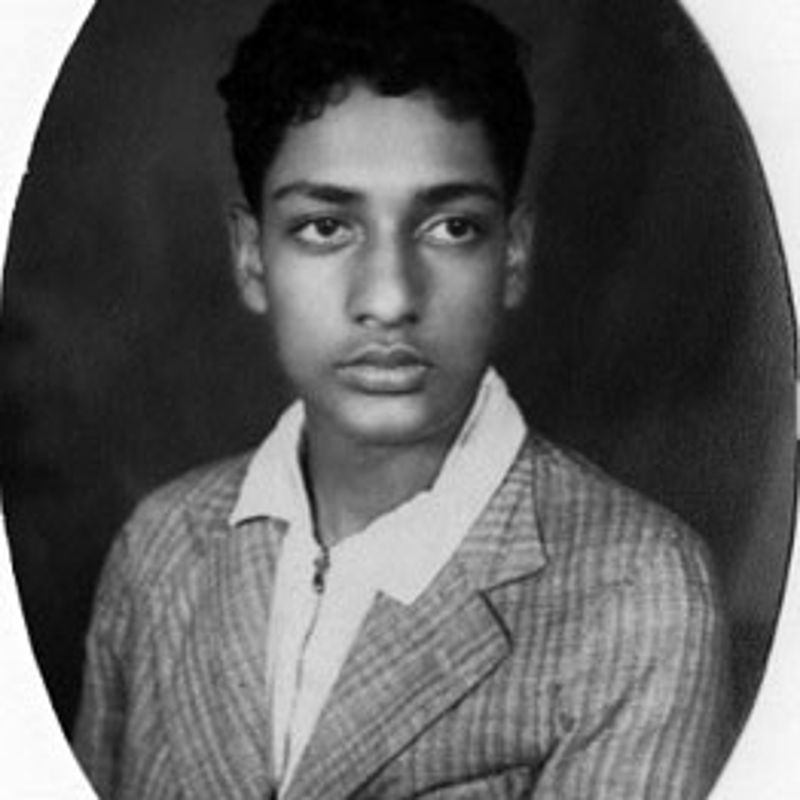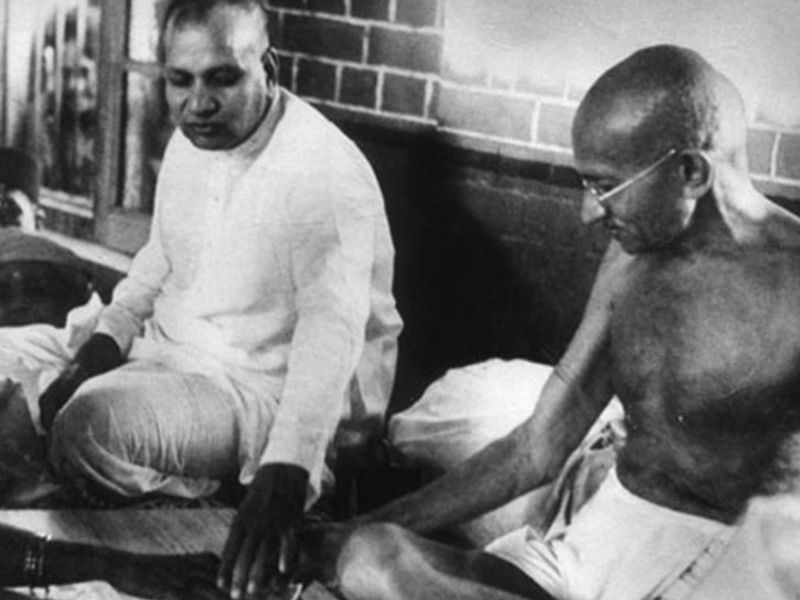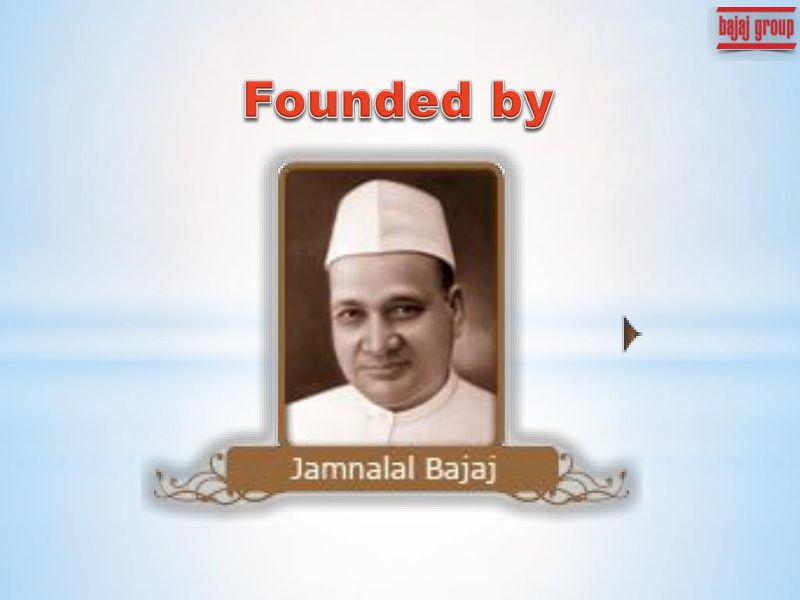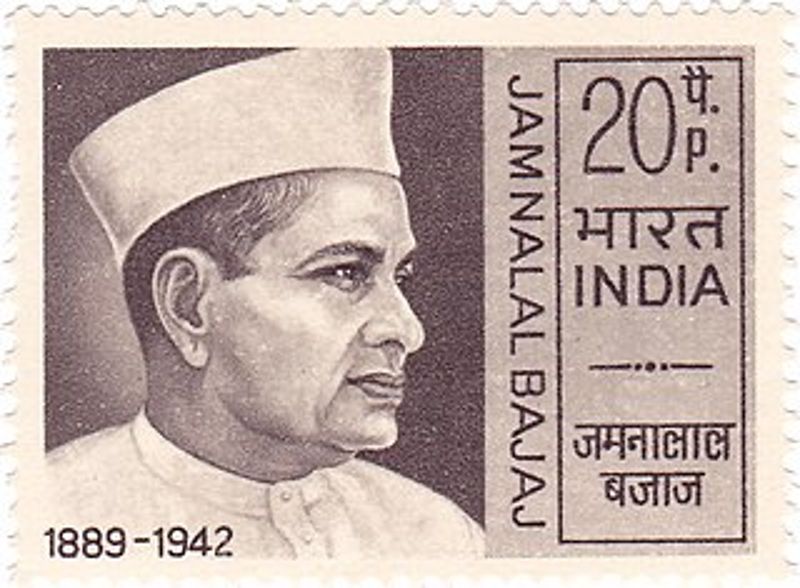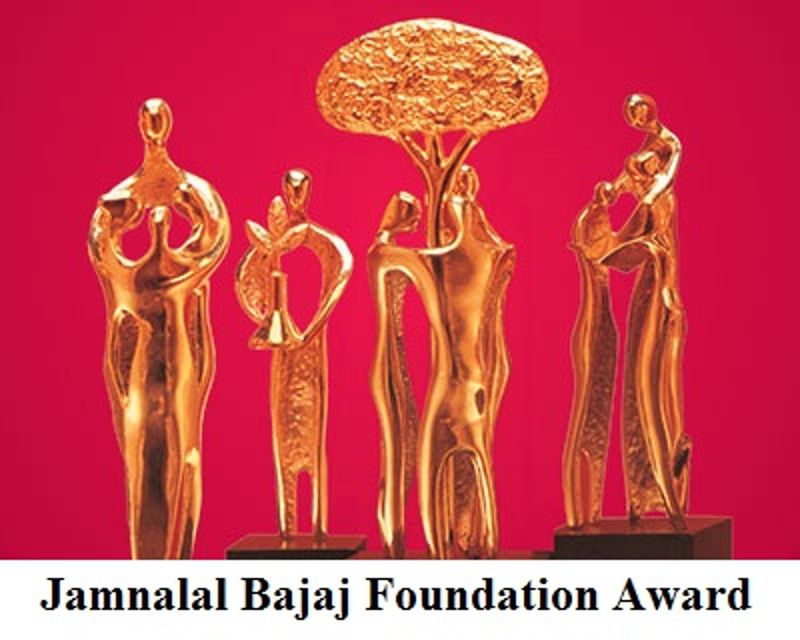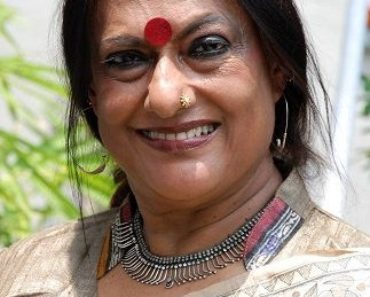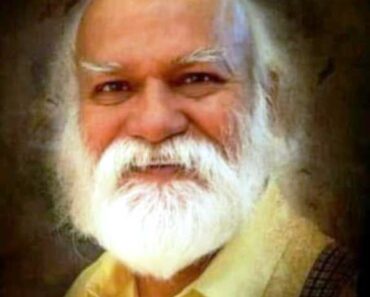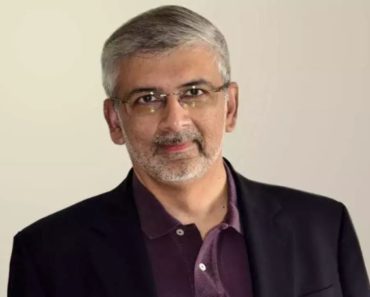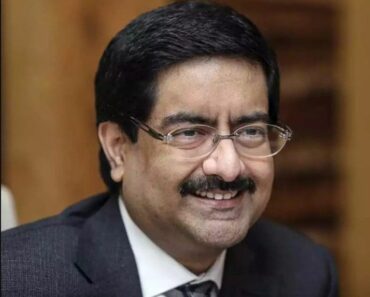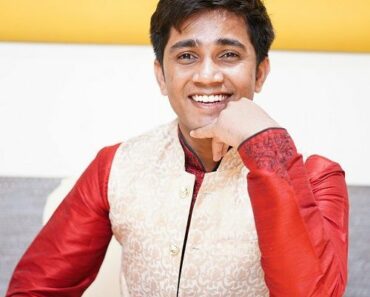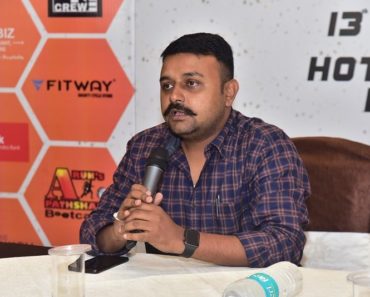Jamnalal was born on Monday, 4 November 1889 (age 53 years; at the time of death) in Kashi Ka Bas village in Jaipur. Later in 1894, Seth Bachharaj Bajaj, a wealthy Wardha trader, and his family’s visit to the Kashi Ka Bas village temple were drawn to Jamnalal after seeing him playing outside his home. Jamnalal was adopted as Seth Bajaj’s grandson after much convincing. In exchange, Bajaj constructed a well to benefit the hamlet. Soon after, Jamnalal engaged himself in the family business of his adopted family.
Physical Appearance
Height (approx.): 5′ 6″
Hair Colour: Black
Eye Colour: Black
Family
Jamnalal was biologically born into a poor family in Kashi Ka village in Jaipur. Later, he grew up in a wealthy business family after his adoption by Seth Bachharaj Bajaj.
Parents & Siblings
Jamnalal’s father was Kaniram, and his mother was Birdibai. In 1894, Jamnalal was adopted by a well-recognized and respected trader of the British time, Seth Bachharaj Bajaj, and his wife Sadibai to be their grandson. There is not much information about his siblings.
Wife & Children
At the age of twelve, Jamnalal got married to Janki Devi, a nine years old girl in 1902. The couple was blessed with two sons namely, Kamalnayan Bajaj and Ramkrishna Bajaj.
Religion
He was a follower of Hinduism.
Career
Participation in India’s Independence Movement
Jamnalal Bajaj actively participated in Mahatma Gandhi’s non-violent civil disobedience movement during India’s struggle for independence. He was a close associate and disciple of Gandhi and took part in various movements, including the Salt Satyagraha and the Quit India Movement. In 1920, Jamanalal was appointed chairman of the committee for the Indian National Congress’s Nagpur session. Later in 1921, he surrendered the British government’s bestowed title of Rai Bahadur and joined the non-cooperation movement.
Post-Independence Philanthropy and Social Service
After India gained independence in 1947, Jamnalal Bajaj continued to be involved in philanthropy and nation-building activities. He was one of the key figures in promoting education, rural development, and empowerment of the underprivileged.
Entrepreneurial Ventures
As for a conventional career in the business sense, Jamnalal Bajaj was a successful industrialist and an entrepreneur who founded the Bajaj Group, a prominent Indian business conglomerate in the 1920s. The Bajaj Group has interests in various sectors, including automobiles, finances, and electrical appliances. The companies associated with the Bajaj group include Bajaj Auto Ltd, Mukand Ltd, Bajaj Electricals Ltd, and Bajaj Hindustan Ltd. The family flagship company, Bajaj Auto Ltd was run by one of his grandsons Rahul Bajaj. The Bajaj Group now consists of 24 companies, including six that are listed on the bourses.
Memorials
There are several memorials dedicated to Jamnalal Bajaj that celebrate his life and contributions to India’s freedom struggle and social development. Some of the notable memorials include;
- Jamnalal Bajaj Institute of Management Studies (JBIMS) in Mumbai
- JB Nagar in Andheri, Mumbai
- Jamnalal Bajaj Commemorative Stamp
- Jamnalal Bajaj Foundation
- Jamnalal Bajaj Awards
Death
On 11 February 1942, Jamnalal Bajaj, at the age of 53, took his last breath at his Wardha home.
Facts/Trivia
- Jamnalal was a close friend and admirer of Mahatma Gandhi, who was reputed to have frequently stated that Jamnalal was his fifth son. [1]India Today
- Jamnalal Bajaj spent several months in prison during the Indian independence movement for his involvement in civil disobedience campaigns.
- He was the elected president and organizer of the Praja Mandal Movement of Jaipur State in 1938.
- He was also the president of All India Hindi Sahitya Sammelan, which urged to promote Hindi to be the main language of all Indians.
- He was a supporter of the Harijans and fought for their non-admission into Hindu temples. [2]The Times of India
References
| ↑1 | India Today |
|---|---|
| ↑2 | The Times of India |

